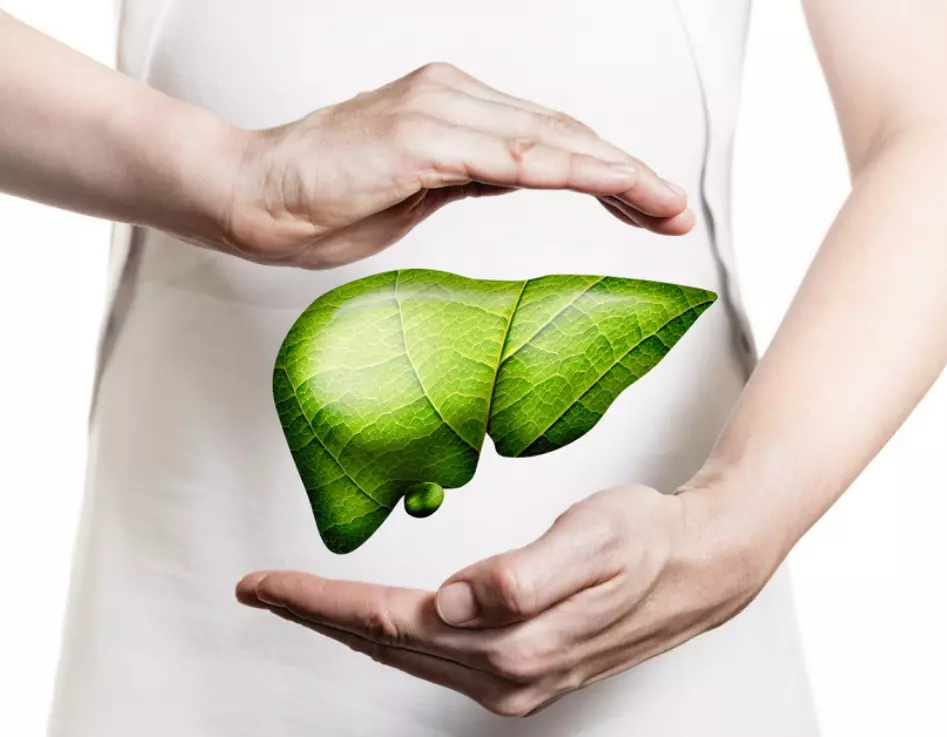According to modern medical science the liver is the largest organ in the human body which also functions as a gland. The liver provides more than five hundred vital functions, and the most important ones include filtering all our blood to remove toxic substances, such as drugs and alcohol, producing bile a substance that digest fats, and processing fat soluble nutrients like vitamin A, D, E, K, B12, as well as iron and copper.
Ayurveda says the liver is the home location for pitta dosha, the fiery mind-body element associated with metabolism. The liver is a fiery hot organ that is responsible for converting rasa dhatu (plasma) to rakta dhatu (blood). The liver helps identify ama (toxins) in the rasa dhatu and stores it before it can enter the blood, it helps maintain pure clean blood.
The liver produces 90 percent of all cholesterol and only the remaining 10% comes from the foods that we eat. This is the main reason it is necessary to maintain healthy liver function. The liver is the source for producing healthy blood and when the liver is congested or clogged it can be observed that our hemoglobin level drops. Ranjaka pitta is a type of pitta dosha that is present in the liver and responsible for making blood a healthy red color.
The liver is the sole organ that keeps our metabolism balanced and performing in top condition. However, when it becomes imbalanced, symptoms will develop like low appetite, slow metabolism, skin problems, blood disorders, and issues with circulation.
When the liver is sluggish, it develops ama (toxic buildup), and Ayurveda recommends doing a liver and blood cleanse to help clear stagnation, which obstructs the liver’s performance. There are certain Ayurvedic therapies and herbs that help support the liver and blood cleansing.
Panchakarma is a deep Detoxification procedure: Panchakarma therapies aim to remove toxins and impurities from the body, including the liver.
